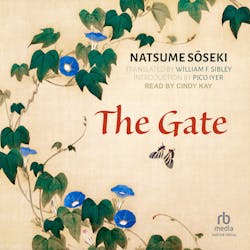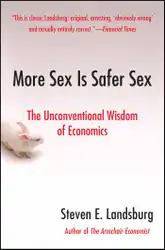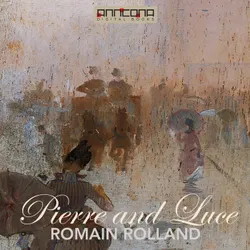A new collection of work from Nobel laureate Czeslaw Milosz that includes previously untranslated poems written during his time in Washington, D.C., and his years in Europe before and after
One of the most revered poets of the twentieth century, Czeslaw Milosz famously bore witness to its violence in his native Poland and in the war’s aftermath from exile in Europe and the United States. Immediately after the war, he lived in Washington, D.C., working as a diplomatic official, having left behind an old world stained by bloodshed and still in the throes of ideological conflict as he sought to find his bearings in a new world.
Poet in the New World gathers the poems written during these years—for the first time in English translation—and is contextualized by the poetry that came directly before and after, from poems written in Warsaw in 1945, shortly before he departed for the United States, to others written in Europe from 1951 to 1953, after his significant time away. Capturing Milosz at his existential and stylistic best, Poet in the New World is attuned to the necessity of imagination and the duty of language and is filled with wonder and skepticism. Milosz grapples with the extraordinary violence he had witnessed in Warsaw and the strange postwar United States he has inhabited, all while pondering the enduring fate of his beloved Poland. In the poem “Warsaw,” the poet asks, “How can I live in this country/Where the foot knocks against/the unburied bones of kin?”
Equal parts affecting and illuminating, Poet in the New World is an essential addition to the Milosz canon, in a beautifully rendered translation by Robert Hass and David Frick, that reverberates with the questions of histories past, present, and future.
Supplemental enhancement PDF accompanies the audiobook.












